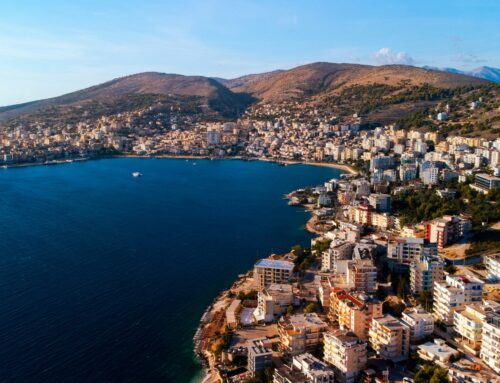The European Commission wants to take stronger action against forced labour. According to the proposal, all products that were manufactured using forced labor should not be allowed to be sold in EU countries.
The ban should apply to all goods, regardless of whether they are imported from third countries or produced in the EU for export. With the proposal, the Commission addresses a problem that is widespread in many sectors of the economy. About 27 million people are affected by forced labor worldwide.
Valdis Dombrovskis, Executive Vice-President of the Commission, speaks of “modern slavery” that needs to be fought.
Cooperation between authorities and customs
The national authorities of the EU member states are to take action to implement the ban. They will be responsible for identifying and screening high-risk areas and economic sectors for forced labour. At the same time, the exchange of information between the individual member states should be guaranteed by appropriate databases. At the EU’s external borders, customs will specifically check products for forced labor.
Consequences for companies
If the ban is approved by the Council of the European Union and the EU Parliament, companies will have new tasks. They must ensure that they comply with duty of care in relation to forced labour. The Commission intends to issue guidelines on this so that this can also be implemented by small and medium-sized companies.
Source: European Commission





